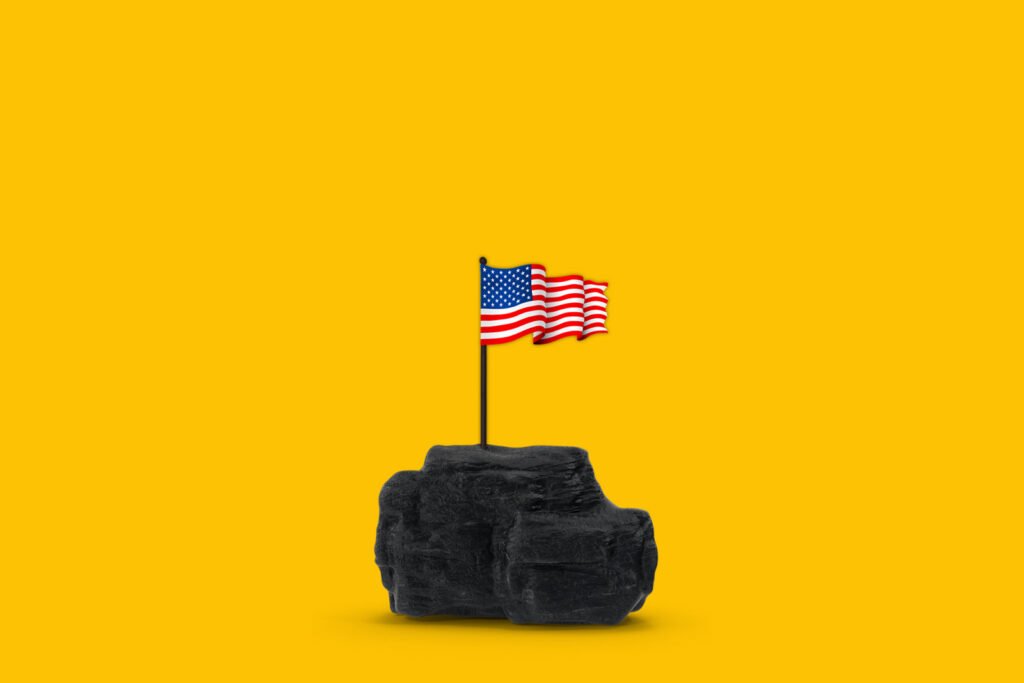[ad_1]
The United States finds itself in a new geopolitical competition with China, not over ideology but over access to critical minerals. These resources are essential for modern technology and the transition to a low-carbon future. Africa, which has 30% of the world’s significant mineral reserves, is at the center of this struggle. However, while China is actively expanding its influence through diplomacy and investment, the United States is lagging behind.
As global demand for minerals such as cobalt, lithium, and graphite increases, the United States needs to reevaluate its foreign policy towards Africa. The United States cannot afford to fall further behind in this strategic competition. To secure supply chains and protect national security, the United States must treat African countries as equal partners and foster relationships built on mutual benefit rather than short-term gain.
Since the early 2000s, China has strengthened its foothold in Africa through large-scale loans, infrastructure projects, and diplomatic efforts. The Belt and Road Initiative positions China as a major foreign player on the continent, ensuring access to critical minerals needed for economic growth. Currently, China controls 90% of the world’s mineral refining capacity, giving it enormous influence in the global market.
This advantage is no coincidence. China’s involvement in Africa dates back to the 1960s, when it supported African liberation movements during decolonization. Many African countries are now in debt to Chinese financiers, and China’s influence extends to sectors from energy and mining to information technology and defence. This long-standing relationship has given China a significant advantage over the United States in accessing Africa’s vital resources.
The United States needs a more proactive and strategic approach to Africa that recognizes the continent’s vital role in global supply chains. Rather than viewing Africa merely as a source of raw materials, the United States should engage African countries as equal partners. Only by fostering partnerships that align with Africa’s economic development goals can the United States build mutually beneficial relationships that advance both African interests and U.S. foreign policy goals.
In 2022, the United States entered into formal agreements with the Democratic Republic of the Congo (DRC) and Zambia, a step in the right direction. The agreement provides a blueprint for future efforts by supporting the development of the electric vehicle battery supply chain. But more is needed.
First, the United States and its Western allies need to include African countries in global mineral initiatives. The Mineral Security Partnership (MSP), which aims to diversify supply chains, includes Western countries, India, Japan, South Korea and the European Union, but does not include African countries. Given Africa’s vast mineral reserves, this is a glaring oversight that must be corrected.
Second, U.S. policy should help African countries develop their own mineral processing capabilities. Several countries, including Namibia, Ghana and Zimbabwe, have banned the export of unprocessed minerals, choosing instead to build domestic industry and processing capacity. The United States can play an important role here by providing technical assistance and investment to help these countries move up the value chain.
Finally, the United States should prioritize strategic outreach to key African countries and use trade diplomacy to engage decision-makers. Countries such as the DRC, Guinea, and Mozambique are not only rich in critical minerals but also have strategic importance to U.S. interests in the region.
The United States cannot afford to sit on the sidelines in the global competition for critical minerals. Ensuring access to these resources is not just an economic priority, but also a national security issue. Whether under a second Trump administration or a Harris-led administration, American foreign policy must focus on strengthening ties with African countries. The United States can protect its supply chains and remain competitive by providing attractive alternatives to China’s exploitative tactics and investing in sustainable, long-term relationships. The time to act is now.
If you are interested in writing for International Policy Digest, please email submissions@intpolicydigest.org.

